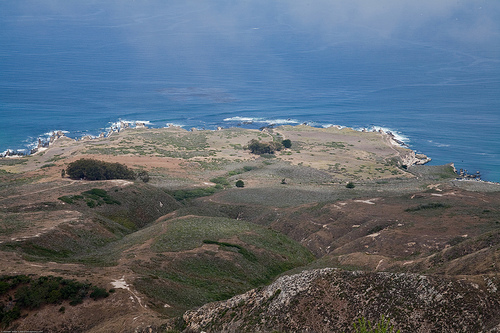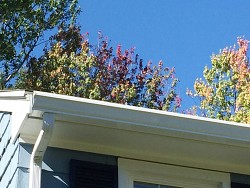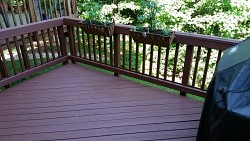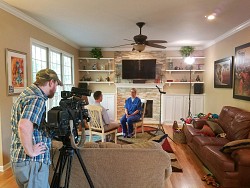Citizen Science: How Radioactive is the Ocean?
 As the nuclear plant at Fukushima Daiichi has been plagued with problems, including the release of radiation into the Pacific Ocean, many scientists from around the world have grown concerned about the spread of radiation. It's of particular concern to those in nations like the US, where radiation could be hitting US shores, affecting US fisheries, and causing other problems. Unfortunately, the funding and personnel needed to comprehensively research the issue are simply beyond the means of many scientific research organizations.
As the nuclear plant at Fukushima Daiichi has been plagued with problems, including the release of radiation into the Pacific Ocean, many scientists from around the world have grown concerned about the spread of radiation. It's of particular concern to those in nations like the US, where radiation could be hitting US shores, affecting US fisheries, and causing other problems. Unfortunately, the funding and personnel needed to comprehensively research the issue are simply beyond the means of many scientific research organizations.
That's where you come in. Yes, you! Over there! The Woods Hole Oceanographic Institution, one of the most prestigious research facilities in the world, is seeking help from citizen scientists, ordinary people interested in furthering the cause of science. You don't need to have an advanced degree, lab skills, or anything else to help out; they'll provide the tools and the instructions so you can contribute to their radiation mapping project to learn more about how Fukushima is affecting the environment.
What can you do? If you live near the ocean, you can propose a location near you for sampling. If you can raise the funds (approximately $600), Woods Hole will send you a sampling kit with clear directions which you can use to collect samples and then send back to the organization for analysis and study. Additional sampling locations will help Woods Hole scientists monitor the spread and movement of radiation and make better forecasting models for both this event and future incidents.
You can also donate directly to the organization to help fund the cost of sampling and analysis. Why is this so important? Because, amazingly, no agencies are studying the possible arrival of radiation on the West Coast. While forecasting models are being used to make preditions and determine the safety of seafood and other ocean products, science on the ground is sorely needed. Los Angeles roofers, San Francisco elementary school students, and everyone in between can lend a hand with this epic and important project.
You can make a huge difference! Citizen science initiatives just like this one are being used around the world to encourage people to get directly involved with the surrounding environment and the sciences. Interested in more citizen science projects? The internet has lots of resources, but Scientific American's directory of projects is a great place to start.
If you have special skills, you could be particularly useful -- for example, carpenters can volunteer their expertise to developing better observation platforms and research enclosures for studying animals in the wild -- so you should be sure to look for projects that particularly pique your interest. Citizen science is a hands-on way to help the environment, and sometimes it doesn't even involve leaving the couch! Pretty great, right?
Katie Marks writes for Networx.com.
Looking for a Pro? Call us (866) 441-6648

Plumbing Average Costs
Plumbers Experiences

Gutter Replacement By A Contractor Who Cares About Customer Satisfaction

Our Wooden Deck Refinishing: No More Splinters!



